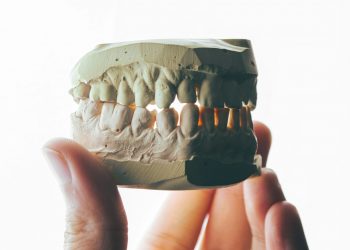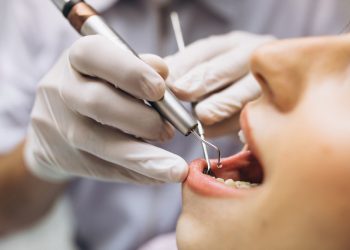Wisdom teeth, also known as third molars, are the last set of molars to emerge in the mouth. While these teeth can serve a functional purpose when properly aligned, they often cause problems due to their late arrival and limited space in the jaw. Understanding the impact of wisdom teeth on dental health is crucial for maintaining overall oral well-being.
Understanding Wisdom Teeth
Wisdom teeth typically begin to emerge between the ages of 17 and 25, although this timeline can vary among individuals. These molars were useful ancestors who had larger jaws and a diet that required more grinding of tough foods. However, modern diets and smaller jaw sizes often lead to issues when wisdom teeth attempt to erupt.
Common Problems Associated with Wisdom Teeth
- Impaction: One of the most common issues with wisdom teeth is impaction, where the teeth are unable to fully emerge from the gums due to lack of space. This can lead to pain, infection, and potential damage to surrounding teeth.
- Crowding: Wisdom teeth may cause crowding, pushing against adjacent teeth as they attempt to erupt. This can disrupt the alignment of existing teeth and may necessitate orthodontic treatment to correct.
- Infection and Gum Disease: Partially erupted wisdom teeth can create pockets where bacteria thrive, leading to infection and gum disease. This can result in swelling, pain, and even systemic health problems if left untreated.
- Cysts and Tumors: In rare cases, wisdom teeth may lead to the formation of cysts or tumors in the jawbone. These growths can cause significant damage to surrounding tissues and may require surgical intervention for removal.
Wisdom Tooth Removal in Melbourne
For individuals experiencing complications with their wisdom teeth, extraction may be necessary to prevent further dental issues. In Melbourne, Australia, wisdom tooth removal is a common dental procedure performed by qualified oral surgeons and dentists.
Procedure
The process typically begins with a consultation, where the dentist evaluates the position of the wisdom teeth using X-rays. Based on the assessment, they will recommend whether extraction is necessary and discuss the procedure in detail with the patient.
On the day of the extraction, the patient is usually given a local anesthetic to numb the area around the tooth. In some cases, sedation may be used to ensure comfort throughout the procedure, particularly if multiple teeth are being removed or if the teeth are impacted.
Once the area is numb, the dentist will carefully remove the wisdom tooth, often in sections if it is impacted or lodged beneath the gum line. After the tooth is extracted, the site is typically stitched closed to aid in healing.
Recovery
Recovery from wisdom tooth extraction varies from person to person but generally takes about a week. Patients may experience some swelling, discomfort, and minor bleeding immediately following the procedure, but these symptoms can be managed with proper care and medication prescribed by the dentist.
During the recovery period, it’s essential to follow post-operative instructions provided by the dentist to minimise the risk of complications and promote healing. This may include avoiding certain foods, practicing good oral hygiene, and attending follow-up appointments for monitoring.
Conclusion
While wisdom teeth can be a source of dental problems for many individuals, timely intervention and proper management can help maintain oral health. Wisdom tooth removal in Melbourne is a routine procedure performed by skilled professionals to alleviate pain, prevent complications, and preserve overall dental well-being. If you’re experiencing discomfort or complications related to your wisdom teeth, don’t hesitate to consult with a qualified dentist or oral surgeon for personalised guidance and treatment.








